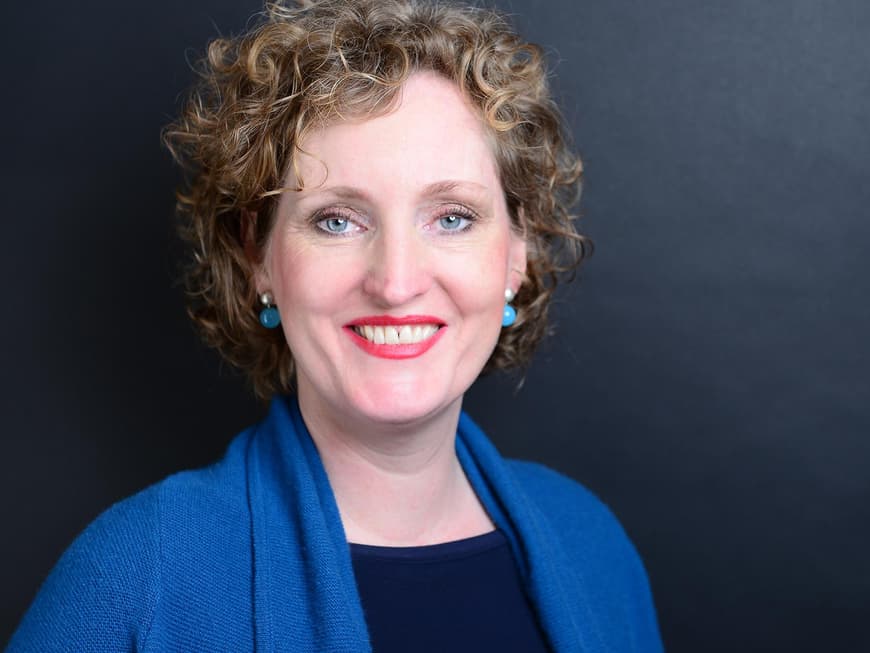I don't know if you felt the same way. But the news didn't have a particularly mood-lifting effect on me. This is of course due to the way the news is reported. Big disasters attract more attention and higher sales figures than all the little good things that happen every day. Yet these are often not so small. Nevertheless, they only end up in the side notes. And so we didn't even realize that, despite everything, there was a clear global trend: 2016 wasn't just dramatic. No, a lot of really good things happened! Because from an international perspective, the rights of lesbians and gays, bisexuals, transgender and intersex people were strengthened.
And these are the changes in detail:
- Introduction of same-sex partnerships
After the European Court of Justice issued a reprimand, same-sex partnerships have now also been recognized in Catholic Italy. This makes Italy the 27th European country in which homosexuals are treated as married couples. Legally, however, this is still not a marriage. And the adoption of children is still not permitted. The Caribbean island of Aruba near Venezuela followed suit at the instigation of the Dutch Supreme Court and also legalized same-sex partnerships.
- Introduction of gay marriage
In Colombia, the tax haven Isle of Man, the British Channel Island of Guernsey, Gibraltar and also in the British Antarctic Territory, gay marriage was permitted. In Guatemala, Taiwan, Cuba, Nepal and Vietnam, there is already considerable rumbling. This means that many countries, including arch-Catholic Ireland, are far ahead of us. Although 83 percent of Germans are also in favor of same-sex marriage, in Germany only "partnering" is possible. However, Chancellor candidate Schulz has just pledged to change this during his term of office and allow marriage for all. Everyone? Also for polyamorous and polygamous relationships? Because there is now also a lobby for this. Let us be surprised.
- Rights for LGBTI people
Vitit Muntarbhorn from Thailand has been appointed by the United Nations (UN) as the first official LGBTI investigator. His task for the next three years will be to investigate human rights violations against LGBTI people. LGBTI people include all lesbian, gay, bisexual, transgender, transsexual and intersex people. All 193 UN countries must now cooperate with this investigator. This is a particular thorn in the side of countries such as Saudi Arabia. Violations of human rights are on the agenda here.
On the other hand, laws have been passed in Greece, Bosnia-Herzegovina and Slovenia to protect LGBTI people from discrimination. In the African country of Botswana, the government had to bow to the order of the Court of Appeal and allow the official registration of the LGBTI organization LeGaBiBo.
- Rights for homosexuals
After 117 years, the small Pacific island state of Nauru has lifted the ban on homosexual acts between men. Until then, consensual sex was also a punishable offense. This was prompted by violent attacks in the refugee camp there. At the same time, marital rape was also made a punishable offense and solitary confinement, forced labour and the death penalty were abolished.
Homosexuality was also legalized in the Seychelles. However, according to the LGBT organization ILGA, there are still 73 countries in which homosexuality is prosecuted. Overall, the number is therefore decreasing. At least. In 2016, the Central African country of Chad unfortunately added a new country that criminalizes homosexuality. When the penal code was reformed, the penalties were at least far less severe than originally planned.
Malta bans conversion therapies. These therapies are based on the assumption that homosexuality can be reeducated. The text of the law states: "No sexual orientation, gender identity or expression constitutes a disorder, disease or deficiency." Incidentally, these therapies are common practice in the USA. And there are also legal attempts of this kind in Germany.
- Rights for intersex people
Without any pressure from outside, the Chilean Ministry of Health was the second country after Malta in the world to ban the practice of subjecting intersex people to gender reassignment surgery immediately after birth. Intersexuals are people who cannot be clearly assigned to one gender due to their physical appearance. They carry both genders in varying proportions. To this day, ambiguous genitalia are still being adjusted worldwide within the first few years of life regardless of gender identity. This decision often has tragic consequences. In Germany too, calls for a ban on these genital surgeries are becoming ever louder.
- Rights for transsexuals
In Lebanon, China, Bolivia, Vietnam, Pakistan and Malaysia, we are seeing great progress in rights for transsexuals. Geraldine Roman was the first transsexual to make it into the lower house of the strictly Catholic Philippines.
Malta is generally very progressive in terms of LGBTI rights. The small country in the Mediterranean had already passed the "Gender Identity, Gender Expression and Sex Characteristics Act" in 2015. This allows Maltese residents to have their gender identity legally recognized without prior medical diagnosis, treatment or surgery and without forced divorce. It has been praised by LGBTI organizations and activists as the most progressive law in the world.
There is a lot to do. Let's tackle it
These are good prospects. Things are slowly changing around the world. Of course, there is still an incredible amount to do. Homosexuality is still illegal in 36 of the 53 Commonwealth countries. These are the sad remnants of the British colonial era. But things are starting to rumble here too. At least in some states. Let's see what 2017 brings us.
Anja Drews - qualified sex educator for ORION








